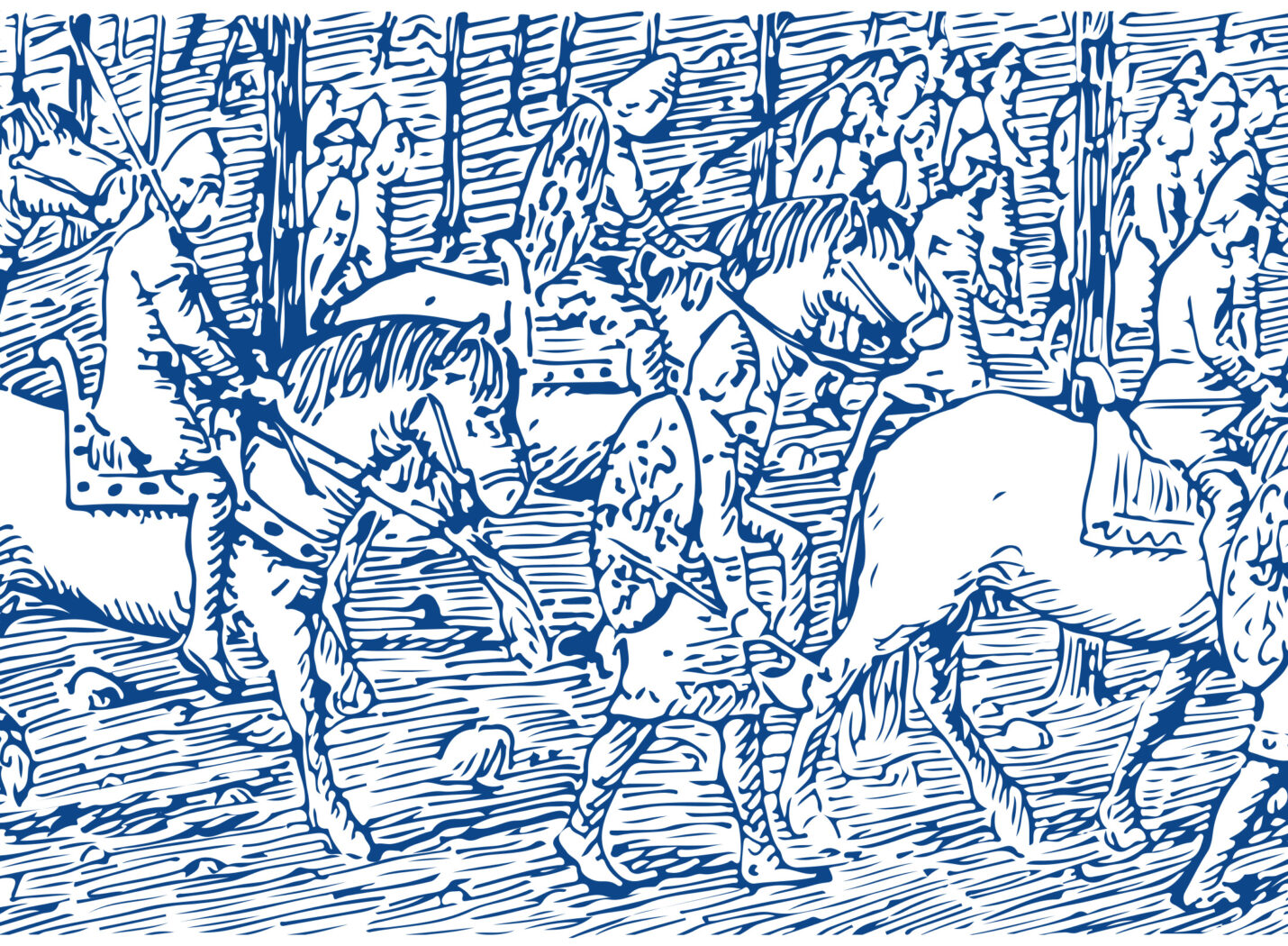
St Adalbert as a stranger-king: The heroization and estrangement of a holy man in the Middle Ages
Artykuł Wojtka Jezierskiego
Zapraszamy do zapoznania się z najnowszym artykułem Wojtka Jezierskiego pt. „St Adalbert as a stranger-king: The heroization and estrangement of a holy man in the Middle Ages”. Artykuł ukazał się niedawno w czasopiśmie naukowym History & Anthropology:
Abstrakt:
There was no holy king in Poland during the Middle Ages. Although the Piast polity belonged to the North-eastern European periphery (East-Central Europe and Scandinavia), where essentially all post-1000 CE polities boasted dynastic martyred holy rulers of native origin, the Piasts never elevated a member of their kin to such a position. The present article takes this puzzling exception as a point of departure to advance the argument that the episcopal holy patron of Poland of Bohemian origin – St Adalbert (c. 956–997) – may in many regards be interpreted as a version of Marshall Sahlins’s stranger-king. By combining anthropological theory and comparative evidence, the article explores the locally produced hagiographical sources from the twelfth to the fifteenth centuries in order to demonstrate how St Adalbert’s heroic status and retroactively invented ethnic and sacral otherness were exploited for the purposes of institutional and king-like legitimacy vis-à-vis the Polish people. In its conclusions the article argues that concepts and comparative methods from political anthropology can help us to reconsider the category of holy rulers and offer new ways of reading hagiographical sources as political treatises.